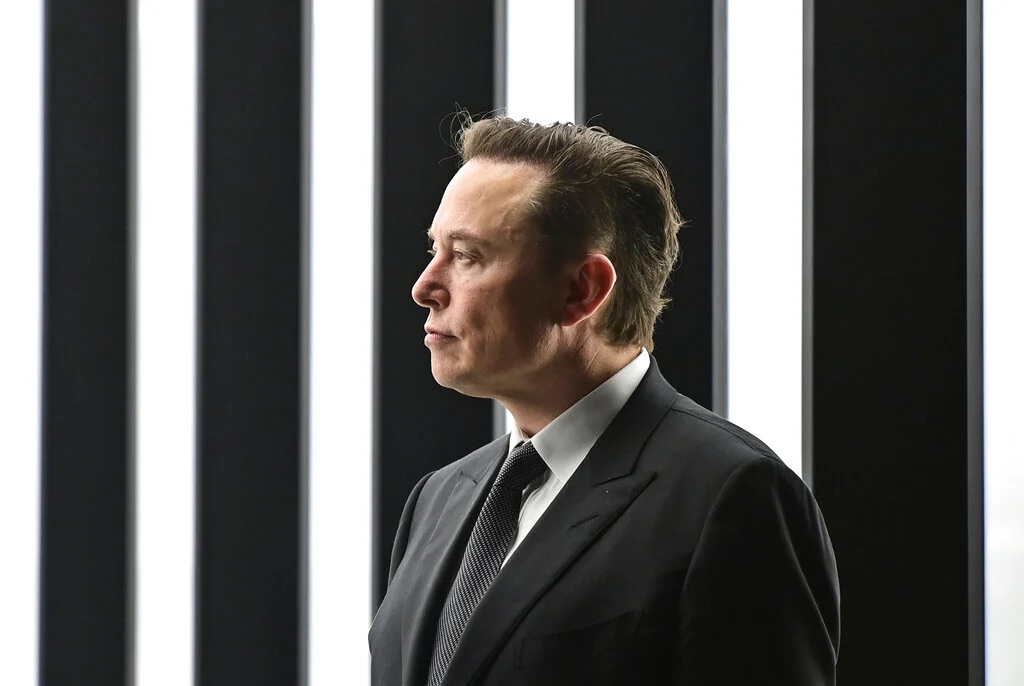
Community Notes, a feature on X (formerly known as Twitter), is under scrutiny as its effectiveness in combating misinformation is questioned. Initially introduced as Birdwatch in 2021 and rebranded after Elon Musk’s acquisition in 2022, Community Notes allows users to flag misleading posts and provide additional context or corrections. Despite Musk’s praise for the system’s decentralized nature, recent revelations indicate that it may be vulnerable to manipulation by governments and legacy media outlets. This has sparked debates over the reliability of user-generated content as a tool against misinformation.
Community Notes operates similarly to Wikipedia; users can contribute and edit information attached to posts. Musk has consistently promoted the feature as the best method to correct false posts and emphasized its resistance to manipulation, declaring, “The system is completely decentralized and open source, both code and data. Any manipulation would show up like a neon sore thumb!” However, Musk recently conceded that Community Notes requires improvements due to its susceptibility to external influences.
Reliance on Fact-Checking Organizations
A study conducted by the Spanish fact-checking nonprofit Maldita revealed that a significant number of X users continue to rely on information from professional fact-checking organizations, despite the availability of Community Notes. The study’s authors stated, “The evidence from X clearly shows that users rely on the work of fact-checking organizations often.” This reliance raises questions about the feature’s effectiveness in providing accurate information independently.
Musk himself acknowledged the need for a “fix,” admitting, “The system is increasingly being gamed by governments & legacy media.” This admission comes amidst criticism from experts like Neil Johnson, a George Washington University physics professor who studies misinformation online. Johnson remarked, “Like any crowd, crowds can be fickle, and crowds can be driven by other interests,” highlighting potential issues with crowd-sourced fact-checking.
Community Notes’ influence extends beyond X. It has been tested by Alphabet’s YouTube since summer 2024, and Facebook owner Meta announced plans to introduce a similar mechanism. The growing adoption underscores the industry’s interest in user-generated solutions to misinformation, despite their inherent challenges.
Musk acknowledged his vulnerability to corrections through Community Notes, stating, “No one at X, including me, has any editorial control.” This transparency aligns with his advocacy for decentralized information management. However, the feature’s unpredictability remains a concern for critics like Johnson, who pointed out, “It’s not a paid person with the job of fact-checking.”
Amid these discussions, Musk’s xAI has unveiled Grok 3, a new AI model claiming superiority over offerings from OpenAI and China’s DeepSeek. Although Grok 3 has undergone standardized testing in math, science, and coding, it is not without flaws. Musk candidly described it as a beta version, stating, “We should emphasize that this is kind of a beta, meaning that you should expect some imperfections,” but assured rapid improvements with “almost every day” updates.
Grok 3’s capabilities extend to engaging users in conversations about Musk himself. When asked if Musk is a good person, Grok cited environmental concerns related to SpaceX, Musk’s “erratic” management style, and his political views in its responses. These interactions illustrate the AI’s ability to process complex inquiries while acknowledging its limitations.
The debate surrounding Community Notes intensified when Musk commented on the credibility of a poll regarding Ukrainian President Zelensky’s approval ratings. Musk remarked, “It should be utterly obvious that a Zelensky-controlled poll about his OWN approval is not credible!!” In contrast, Joe Stafford reported that “63% of Ukrainians now approve of Zelensky’s performance as president, a notable increase from the previous year,” highlighting differing perspectives on the data’s validity.
Author’s Opininon
In my view, while Community Notes was designed to help combat misinformation through decentralized input, its vulnerability to external manipulation raises significant concerns. Musk’s acknowledgement of these flaws shows a willingness to improve, but the feature’s reliance on crowd-sourced fact-checking may not be sufficient to counteract the influence of governments and media. As misinformation continues to be a critical issue, more robust, independent solutions are necessary to truly ensure the accuracy and credibility of online content.
Featured image credit: FMT
Follow us for more breaking news on DMR
